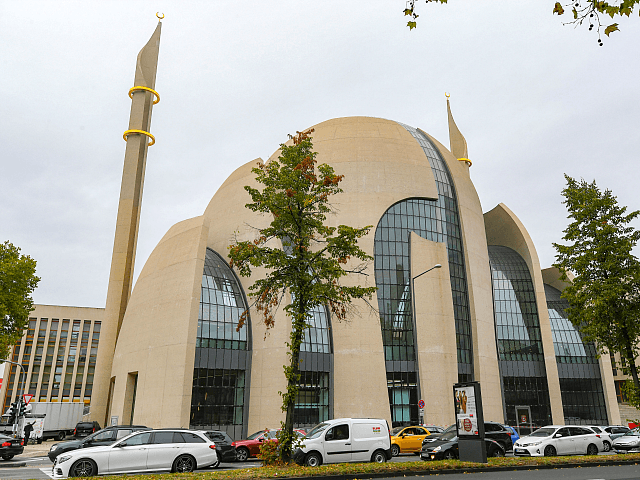The German government is considering a new “mosque tax” for the German Muslim community to pay for its own mosques rather than rely on foreign funding.
Similar to the church tax, the proposal is backed by Christian Democratic Union (CDU) parliamentary group vice-president Thorsten Frei who argued that a tax would allow Muslims in Germany to break free of foreign influences, Die Welt reports.
Mr Frei said the aim of the tax would be “that Islam in Germany emancipates itself from the influence of foreign states and gains a stronger domestic orientation.”
Michael Frieser of the Bavarian Christian Social Union (CSU) also backs the concept saying, “The goal must be self-financing to ensure the independence of the mosque communities,” and added that the tax would make funding of mosques less opaque than is the case with some foreign funding.
The Social Democrats (SPD), which are also part of the grand coalition with Chancellor Angela Merkel’s CDU and the CSU, are also open to the idea according to SPD expert Burkhard Lischka who said the policy was “worthy of discussion” but said that a mosque tax would require more planning saying, “there is still a long way to go.”
Germany, along with neighbouring Austria, allows churches to take in taxes from members of the church with the Roman Catholic church in Germany raising £5.6 ($7.1) billion in 2017.
Turkey is one of the largest sources of foreign funding for mosques in Germany, with Turkish President Recep Tayyip Erdoğan officially opening a “mega-mosque” in Cologne at the end of September which was largely funded by the Turkish government.
As a result of the funding, the Turkish government has been able to expand its political influence, which the Council of Europe criticised, calling on the Erdoğan government to cease funding mosques and other Muslim cultural projects.
One of the main Turkish-German Islamic associations, DITIB, has also been the subject of controversy when it was revealed that imams belonging to the organisation had been spying on worshipers on behalf of the Erdoğan regime.

COMMENTS
Please let us know if you're having issues with commenting.